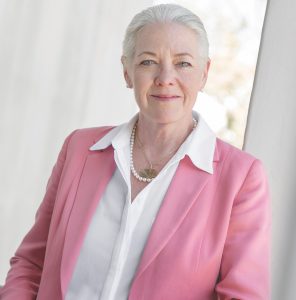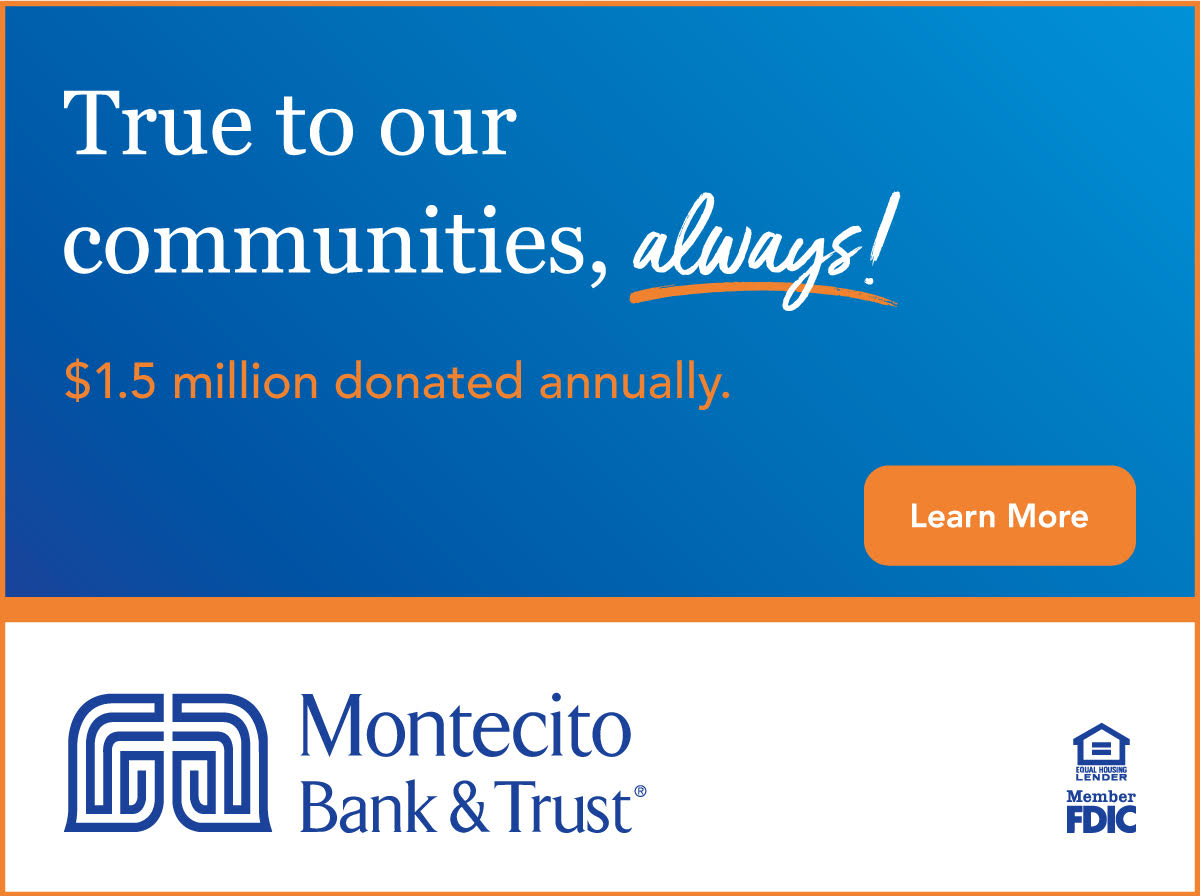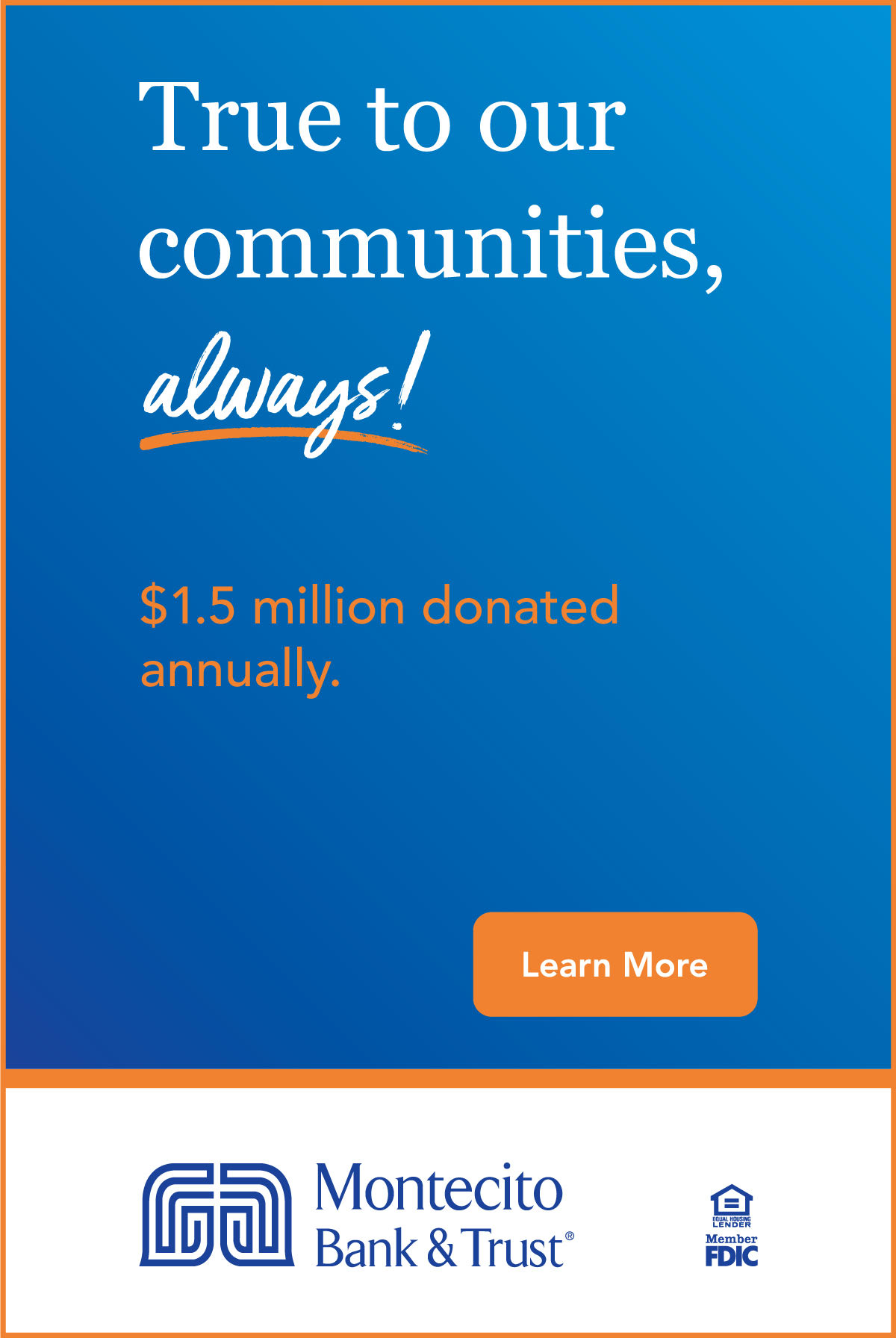Council on Alcoholism and Drug Abuse

For an organization that’s been around for more than three-quarters of a century, the Council on Alcoholism and Drug Abuse (CADA) sure doesn’t act like a typical senior citizen. Since 1949, CADA has delivered programs and services focused on the education, prevention and treatment of substance abuse and co-occurring mental health conditions affecting youth, adults and families throughout Santa Barbara County.
But rather than slowing down and easing into retirement, CADA continues to amp up its services and grow its operations, expanding its productive partnerships with local schools, community leaders, law enforcement, health care providers, and other nonprofits and businesses, to help CADA clients get and stay healthy and lead positive, productive lives that strengthen families and our community.

Case in point, just last week, CADA moved into new digs in Santa Maria, relocating its North County Daniel Bryant Youth & Family Center to offer more help to more young people struggling with substance abuse.
“We were in a very small, very old building on Chapel Street, but we are now in a much larger building, which will allow us to serve more youth in the Santa Maria area, expand our services and have lots more treatment groups available,” said Executive Director Victoria Rightmire. “We’re excited for our official ribbon cutting at 3 pm on May 13 and to see this beautiful new building.”
The facility will allow CADA to offer even more youth and their families treatment. It is a regimen that employs evidence-based curricula providing young clients with the knowledge, structure and support to evaluate the significance of their drug and/or alcohol abuse, and transition to a place of abstinence and sustained recovery.
Meanwhile, to meet needs more immediately in its adult services, CADA is in the process of shifting its gears – building a new facility in Santa Barbara that will more than double its existing 12-bed capacity Adult Residential Treatment Center. The Center is a longtime lifeline that offers short-term housing for individuals seeking sobriety, providing up to 90 days of shelter and treatment. In recent years, the program has consistently maintained a long waitlist, which is not ideal considering that a delay in treatment can often mean the difference between recovery and relapse.
CADA is also expecting that the passage of Proposition 36 last November will increase demand for their services. The Prop 36 statute allows prosecutors to charge people convicted of various third-time drug offenses with a so-called treatment-mandated felony, offering the offender substance use disorder or mental health treatment in lieu of up to three years in jail or prison.
“We are still very committed to expanding our residential treatment program services sooner rather than later,” Rightmire said. “But we can’t wait. There’s a huge need right now. We’ve got to grab whatever opportunity we can to meet the community’s needs here. So we are currently in conversation with an organization that may be able to provide us with an existing space to do that, adding 12 more beds for a total of 24.”
CADA also just completed its annual International Summit for Danny in New Zealand, where 20 hikers raised a record $260,000 for the nonprofit’s youth programs. Meanwhile, here in town the 14th annual Gratitude Luncheon – which benefits CADA’s mentor program – was a sold-out event.
“I don’t want to brag too much on our fundraisers again, but we’re very proud of how successful they have been, meaning what we’re doing resonates with the community,” Rightmire said.
Perhaps the most interesting news from CADA, however, has little to do with the alcohol or drug addiction that give the organization its name, but surely affects people who frequent lower State Street and other city streets with any regularity. The nonprofit’s new E-Bike Safety course, adjunct to its long existing Teen Court program, aims to counter the mounting problem of E-bike riders ignoring traffic rules.
The two-hour long, one-time course hosted at the youth center in Santa Barbara is for young people charged with offenses such as speeding, failure to yield, riding on the sidewalk or running stop signs and red lights to avoid fines or DMV/criminal history.
“We created it in response to a community need at the request of Police Chief Kelly Gordon and (Assistant City Attorney) John Doimas, who reached out to us to see if we could help because of our experience,” Rightmire said. “Instead of receiving a citation, offending E-Bikers get an opportunity to learn about bike safety and the importance of following local laws – and hopefully avoid entry into the juvenile justice system. A parent is also required to attend some of the course.”
Making the State Street car-free zone feel safer? That’s a sobering thought.
Visit www.cadasb.org
Council on Alcoholism and Drug Abuse CADA
Donate now!www.cadasb.org
Executive Director: Victoria Rightmire
805-722-1301
Mission
CADA is a highly respected, progressive nonprofit agency providing Behavioral Health, Substance Abuse Treatment, and Prevention/Education services to adults, adolescents, children, and their families. CADA’s mission to build a safer and healthier community.
Begin to Build a Relationship
We know you care about where your money goes and how it is used. Connect with this organization’s leadership in order to begin to build this important relationship. Your email will be sent directly to this organization’s director of development and/or Executive Director.
The Mosher Foundation is pleased to support CADA’s efforts to expand the number of residential treatment beds for individuals who are taking the first courageous steps to overcoming an alcohol or drug addiction. We believe this investment in the life saving treatment services that CADA provides is critical right now and will impact the health and wellness of the entire community.
Your Support Can Save the Lives of Those Who Suffer From Addiction
The Council on Alcoholism and Drug Abuse (CADA) is a catalyst for change for those challenged by addiction. But their successful inpatient treatment and recovery services are in high demand and there is a wait to receive their services. No one should have to wait to get well.
Every dollar makes a difference. Here is how you can help:
•Direct Donations: Provide financial support to help CADA fund the purchase and renovation of an expanded facility.
•Fundraising Events: Participate in or host fundraising events to raise awareness and support for CADA’s cause.
•Corporate Sponsorship: Partner with CADA as a corporate sponsor to show your commitment to community health and wellness.
For more information on how to donate, or to learn more about CADA services, please visit their website at www.cadasb.org. Together, a brighter, healthier future for the Santa Barbara community is possible. With your help, CADA can continue to be a beacon of hope for those suffering with addiction.
Board of Directors
Dr. Michael Hullander
Gary Clancy
Dr. Bob Bryant
Gordon Auchincloss, JD
Catherine E. Lauber, CPA
Andria Kahmann
Stacey Borek
John Herzog
Dr. Sherif El-Asyouty
Carol Anne Lonson
Dana Mazzetti
DA John Savrnoch
Michael Tantleff
Terri Maus-Nisich
Kirsten Cavendish Weston Smith
Grant Borek
Diana Lytel
Non-voting Member
Victoria Rightmire, Executive Director


